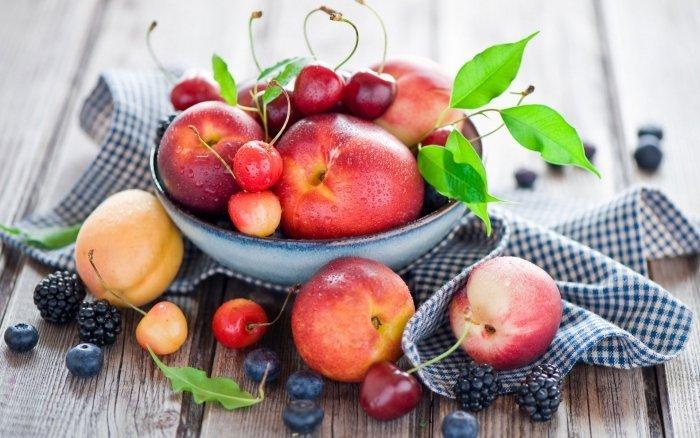Fruits and berries in chronic kidney disease

Chronic kidney disease is a serious condition that requires special attention to nutrition. Fruits and berries can be good, but it's important to know which ones are allowed and which ones to avoid.
Dialysis is an important part of the treatment of patients with chronic kidney disease. This is the process of cleaning the blood from toxins and excess fluids. Nutrition during dialysis has its own characteristics, in particular, restrictions on the consumption of potassium, phosphorus and sodium.
In Kiev hemodialysis is available in communal medical facilities and in the Expert Center. However, it is important to understand that successful treatment depends not only on the procedure, but also on proper nutrition. Patients should receive a balanced diet that takes into account the needs of their body and health.
With chronic kidney disease, it is important to control the level of electrolytes and fluids in the body. Proper nutrition helps to avoid complications and maintain the general health of patients.
Dialysis patients must limit their potassium intake because the kidneys cannot efficiently remove it from the body. Some fruits that are low in potassium include apples, pears, grapes, peaches, and pineapples. They are safe to consume in moderation.
Berries such as cranberries, strawberries and raspberries are excellent choices for the patient. They are low in potassium and rich in antioxidants that help reduce inflammation.
Some fruits, such as bananas, avocados and oranges, contain high levels of potassium and should be limited in the diet of patients with chronic kidney disease. It is important to consult a doctor or nutritionist to determine which fruits can be included in the diet.
Phytotherapy can be useful for maintaining kidney health. Taking certain herbs and herbal preparations can help reduce inflammation and improve kidney function.
The composition of the diet for patients with chronic kidney disease should include a reasonable balance between the use of fruits and berries. It is important to consider the individual needs of the patient and the doctor's recommendations.
It is usually recommended to eat small portions several times a week to avoid exceeding the permissible level of potassium.
Proper nutrition is a key factor in maintaining the health of patients with chronic kidney disease. Fruits and berries can be an important part of your diet, but it's important to know which ones are safe and how much to eat. Always consult with a doctor or a nutritionist to prepare an optimal diet that takes into account your individual needs and health status.



